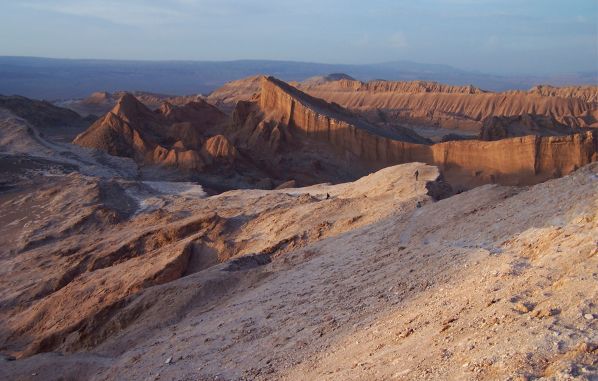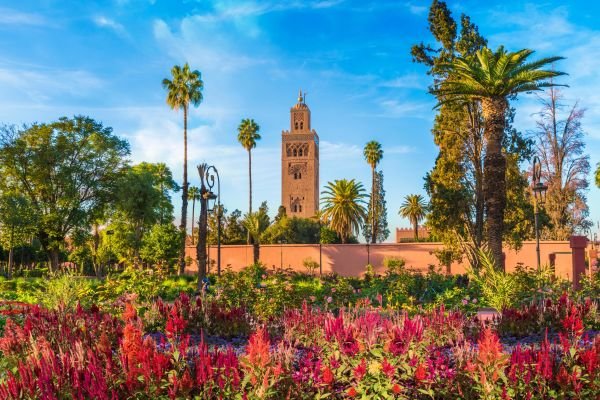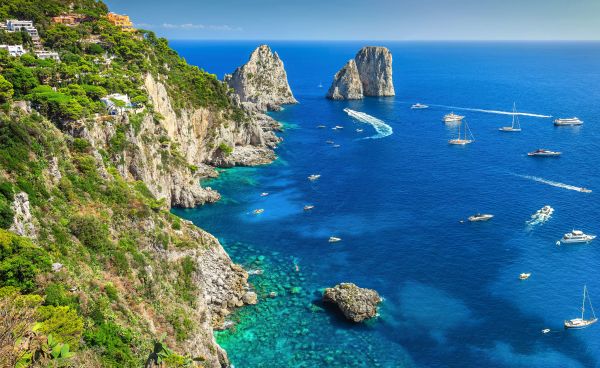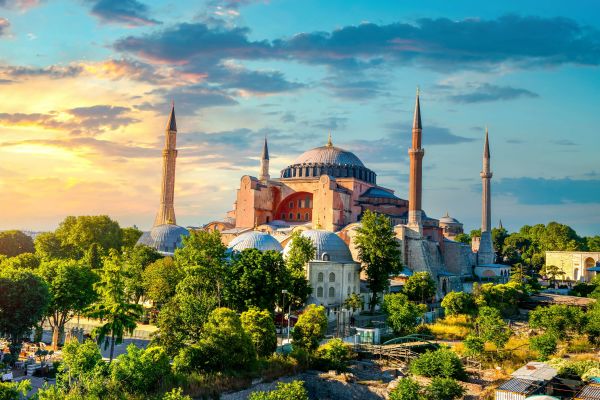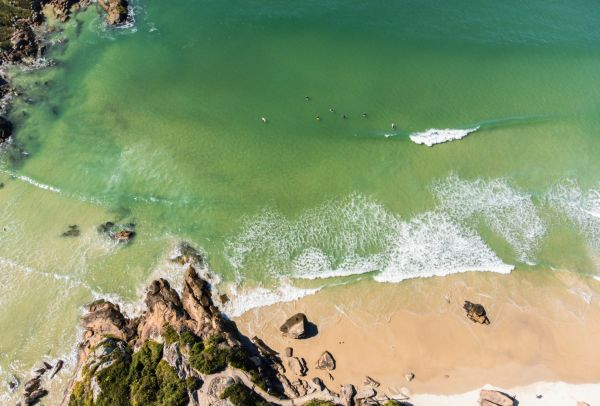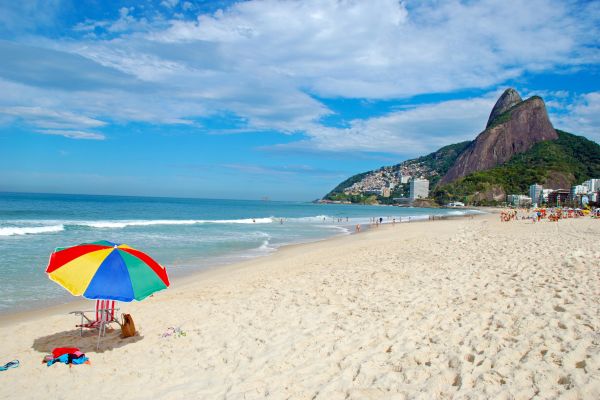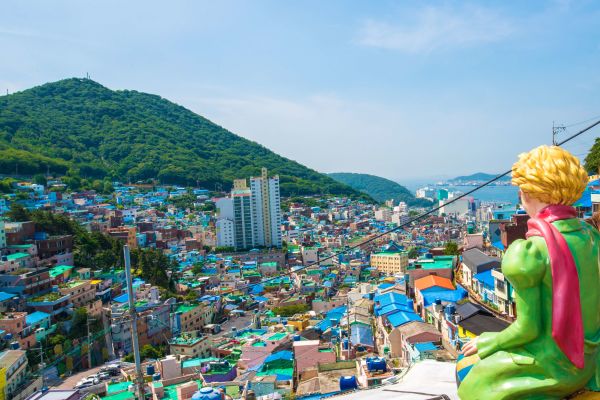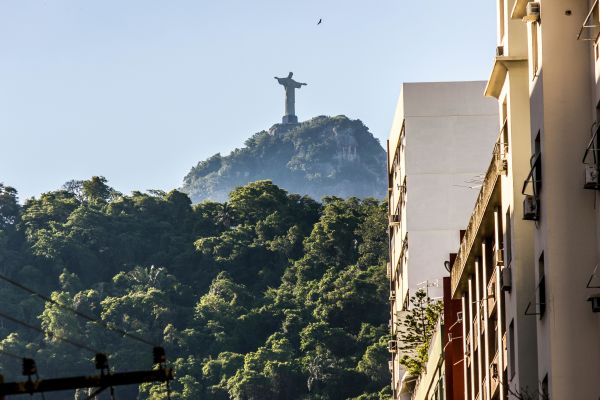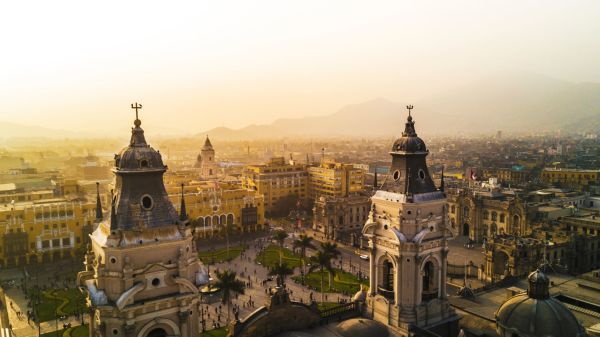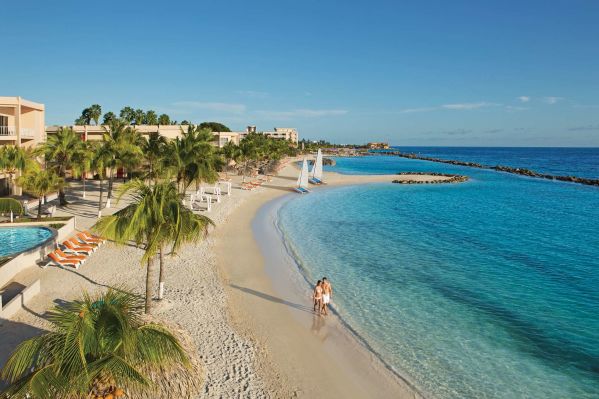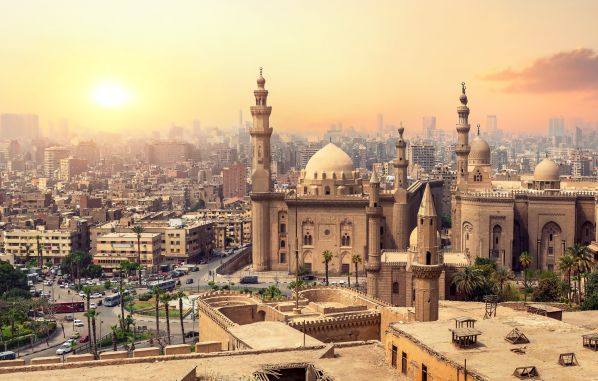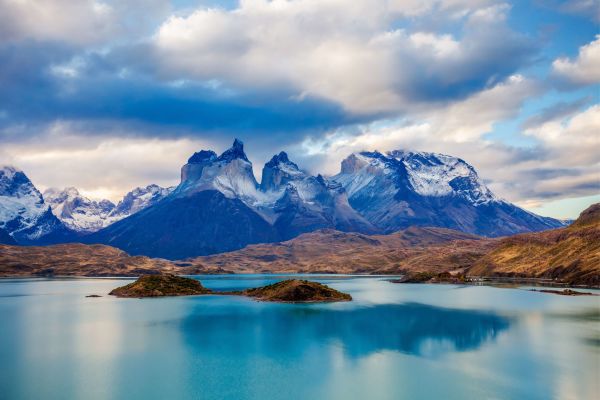World Tourism Day: Actions and practices for more sustainable travel

Every September 27 , the world celebrates World Tourism Day , a date established by the World Tourism Organization (UNWTO) , now known as UN Tourism , in 1980 to raise awareness of the economic , social and cultural importance of tourism and, at the same time, promote development that respects the environment and local communities .
World Tourism Day was created to commemorate the adoption of the UNWTO statutes in the 1970s. But in times of climate change , this day is more relevant than ever, inviting us to rethink how we travel and to promote more sustainable travel .
Tourism generates millions of jobs and accounts for nearly 10% of global GDP , but it is also responsible for significant consumption of energy , water , and natural resources . Commercial aviation contributes around 3% of global CO₂ emissions , while major tourist destinations face problems of overexploitation , waste generation , and biodiversity loss .
For these and other reasons, sustainability has ceased to be a trend and has become a necessity : without healthy ecosystems and strengthened communities , there simply will be no tourism to enjoy.
World Tourism Day: Airlines' green initiatives
Aviation is one of the most challenging sectors in terms of emissions . However, airlines have begun to rethink their model with concrete measures ranging from technology to operational efficiency .

Many companies are investing in sustainable aviation fuels (SAFs) , made from organic waste or synthetic processes that reduce emissions by up to 80% compared to traditional kerosene .
At the same time, advances in artificial intelligence (AI) allow for the optimization of flight routes to reduce fuel consumption, avoiding trajectories with turbulence and areas that favor the formation of condensation trails , responsible for a significant heating effect .
Fleet renewal has also become a priority : lighter aircraft and state-of-the-art engines consume less energy per passenger and require more efficient maintenance . These strategies are complemented by carbon offset programs , which encourage passengers to neutralize their footprint by funding reforestation or renewable energy projects, and logistics policies that reduce unnecessary weight on board , thus minimizing fuel consumption.
Hotels: Accommodation and exchange agents
Hotels are also transforming their operations to align with sustainability goals. Instead of simply offering rooms , more and more chains are seeking green certifications , such as Green Key or EarthCheck , which validate responsible practices in the use of energy , water, and resources . These certifications require constant audits and strict standards , driving continuous improvement .

In their daily operations , many establishments implement LED lighting , motion sensors , smart climate control systems and greywater reuse techniques for irrigation or toilets , in addition to green roofs and gardens that help regulate the temperature and reduce the carbon footprint .
At the same time, work is being done to reduce single-use plastics and to combat food waste through software that monitors consumption and allows for adjusting the quantities prepared .
Far from being mere spectators, guests are an active part of this change: they are encouraged to reuse towels , turn off lights and participate in recycling programs , turning each stay into an act of environmental awareness .
Destination policies for regenerative tourism
Governments and local authorities play a fundamental role in consolidating sustainable tourism . An increasing number of countries are integrating tourism into their national climate action plans and requiring businesses to report water and energy consumption and emissions .

Regulations are being promoted that require accommodations to incorporate renewable energy , manage their waste and obtain environmental certifications , while offering tax incentives and green credits for those who invest in clean technology .
In the transportation sector, many nations are investing in high-speed rail , electric bus networks, and bike lanes to reduce their reliance on cars and short-haul flights . Tourism management strategies are also being implemented: heritage cities like Venice and natural destinations like the Galápagos Islands have established visitor quotas and advance booking systems to protect their ecosystems .
These actions not only preserve the environment , but also generate a positive social impact , turning tourism into a tool for sustainable development .
Summer 2026: Start planning your vacation to Punta Cana, Curaçao and other destinations
World Tourism Day: The role of travelers
Creative ideas are emerging around the world that demonstrate responsible tourism is possible, especially during World Tourism Day . Copenhagen , for example, has launched the CopenPay program, which rewards visitors who use public transport or participate in beach cleanups with discounts at museums and cafes .

Costa Rica , a pioneer in ecotourism , protects more than 25% of its territory and offers immersive experiences in biological reserves . Meanwhile, Japan is promoting rail tourism with its bullet train network, which allows for long-distance travel with far lower emissions than an airplane .
While businesses and governments bear a significant responsibility , travelers are also key players in driving change . Every decision we make before and during a trip can make a difference , such as using reusable bottles and bags, refusing unnecessary packaging , and separating waste whenever possible to reduce the amount of garbage generated at our destinations .
Choosing lower- impact modes of transport , such as trains or buses for short journeys , and opting for direct flights or flights with no more than one connection , helps reduce emissions . Staying in accommodations with environmental certifications ensures that our money supports companies committed to the planet .
World Tourism Day invites us to reflect on the future of travel and commit to a model that preserves what inspires us to travel: nature , culture , and people . What kind of impact do we want to have on the planet as we discover its wonders ? The answer and the action are in our hands.
You might also be interested in: Summer 2026: The 3 best Caribbean destinations

